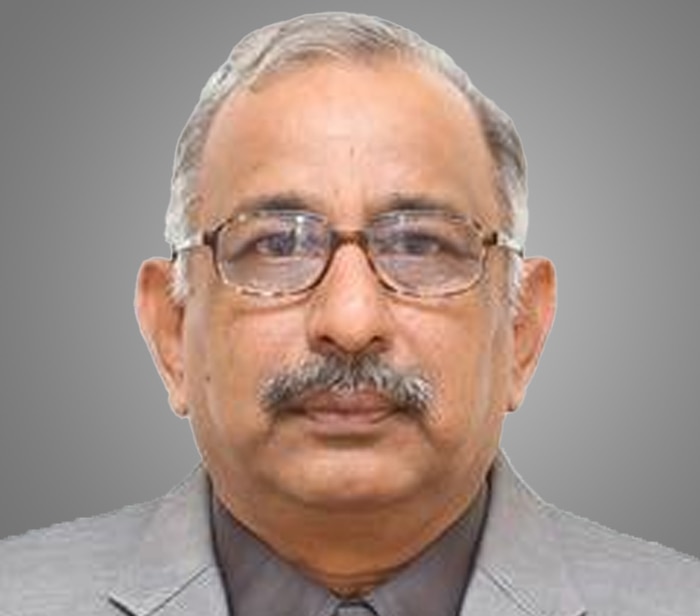– RK Agrawal, National President, BDMAI
Interview by Anil Chopra
BDMAI or Bulk Drug Manufacturers Association of India is a representative body for bulk drug and API manufacturers. Though it’s an all-India body, most of its members are based in Telangana. The association has about 250 active members and the association’s responsibility is to take up common issues concerning them, most of which are related to govt. departments, pollution issues, and export hurdles to name a few. We spoke to BDMAI’s national president, RK Agrawal to know more about the association’s activities, the challenges that bulk drug manufacturers face, their awareness levels about leveraging IT and digitalization, and its importance for their business. Here are the excerpts.
- Tell us about your members. How many are there, who are they in terms of types and size of organizations? Are they primarily chemicals manufacturers or pharma companies, or others
We have about 400-450 members out of which about 250 are active. 75-80% of our members are MSME companies, 10% are mid-sized, while 7-10% are global companies like Hetero, Mylan, etc. We’ve not bifurcated our members further as long as they’re making some kind of API. In terms of volumes, India ranks 3rd and 12-14th position in terms of value globally for total pharma sector as whole, including APIs, devices, and bulk drugs.
- Is competition from China a major threat to bulk drug manufacturers in India?
It can’t be generalized like that. There are many companies who’re exporting to China. There is competition indeed, but our companies manufacture better products with better quality. Sometimes there are clients who require cheaper material, so we may not get their business. Our market is split 50:50 for exports and domestic consumption. In case of APIs, India is exporting much more.
- What are the top challenges faced by your members?
Our members’ challenges are global in nature. One is regulatory challenges because internationally, the regulators expect certain standards to be maintained in the manufacturing units. For that, you have to do a lot of back-end integration, management, discipline, etc. Unfortunately, attitude of Indian people is currently very casual. In bulk drugs industry, you have to be very disciplined as you’re playing with hazardous chemicals, and dealing with medicines that are consumed by humans. Making them more disciplined and maintaining regulatory standards are two key challenges that we face while maintaining a certain level of transparency. Plus, you need to keep your costs under control in implementing everything in total. Because you can do anything, but it adds to the cost. Globally, maintaining cost while maintaining discipline is a challenge.
- How important is digitalization and leveraging IT for your members and what are their challenges in implementing it?
I think it is very important because digitization and automation help maintain their time controls and improves the working, while bringing in the more discipline I just talked about. Implementation is a big challenge because the level of automation in MSMEs is very low and acceptance levels are also very low. It requires a complete transformation and cultural changes. There are multiple other issues to tackle like change management, because if there are any changes in regulatory norms, you have to document them, but it has to start with awareness.
Introducing a cultural change and bringing in more awareness is always very difficult. E.g. when computers were introduced, there was so much user education, as people felt their jobs would go away. IT companies don’t have time so they’re not focusing on domestic market, but now the time has come to bring awareness in our own market. When we travel abroad, we find much more awareness even in countries like Bangladesh. Our awareness certainly needs to go up.
- Tell us about your own organization, Nakoda Chemicals.
We are a relatively mid-size MSME company, which started in early 90’s. Today, we are mostly operating in the regulatory markets with exports to about 60 companies. We are an 8 million dollar company, and we have 1 API plant and one intermediate plant, both located in same industrial area. We have about 250 strong workforce.
- What are the challenges your organization faces when it comes to digitalization?
There are lots of challenges like awareness and training. In IT, there’s a lot of hype, and it’s very difficult to understand what they say and what they are capable of doing. There’s a mismatch between what they offer and what they say. Most IT companies are used to dealing with MNCs, who have deep pockets. MSMEs on the other hand, want value for money.
- As a business leader, what are your own thoughts and priorities about digitalization for your business? Where do you think it adds value?
I’m seriously considering it, but am in no hurry. There are very few options available in digitalization, and we’re very afraid of IT people, what they say that they can deliver. So I’ll go step by step, by spending a reasonable amount of time in trying to understand the value IT brings before taking any decision.
- What are your expectations from IT?
I expect IT to help me with on-time, real-time data management and availability, better controls, improved efficiency and cost saving.












